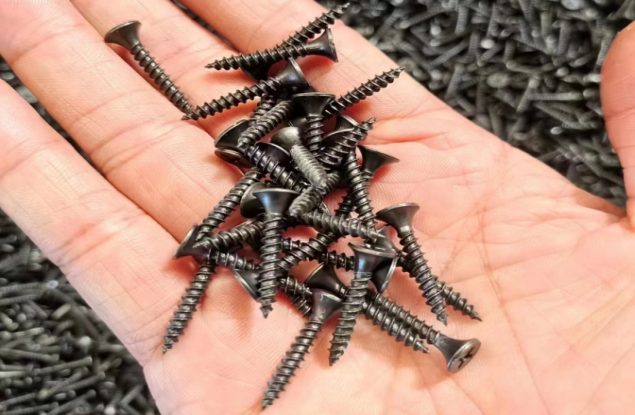Factory Specializing in High-Quality Structural Flat Washers for Various Industrial Applications
The Importance of Structural Flat Washer Factories in Manufacturing
In the world of manufacturing, seemingly small components can have a significant impact on the quality and reliability of a final product. Structural flat washers are one such component that plays a crucial role in ensuring the stability and durability of various structures and machinery. A structural flat washer factory, therefore, becomes an essential part of the supply chain, providing these vital components to a range of industries, including construction, automotive, and aerospace.
Understanding Structural Flat Washers
Before delving into the significance of factories that produce structural flat washers, it's important to understand what these washers are and their function. A flat washer is typically made of metal and is designed to distribute the load of a threaded fastener, such as a bolt or a screw, over a larger area. This distribution helps to prevent damage to the surface being fastened, reduces the risk of loosening due to vibrations, and enhances the overall structural integrity.
Structural flat washers are usually manufactured according to strict specifications, often complying with industry standards such as ASTM or ISO
. They come in various sizes, shapes, and materials, including stainless steel, carbon steel, and plastic, allowing manufacturers to customize them for specific applications.The Role of Structural Flat Washer Factories
Structural flat washer factories are tasked with the production of these critical components in large volumes. The manufacturing process involves several stages, including material selection, cutting, stamping, heat treating, and surface finishing. Advanced machinery and technologies are employed to ensure precision and quality during each phase of production.
One of the primary advantages of having dedicated factories for structural flat washers is the ability to maintain consistency and quality control. Factories are equipped with monitoring systems that check for defects and ensure that each washer meets the required specifications. This level of quality assurance is vital, as a defective washer can lead to catastrophic failures in the systems they are used in.
structural flat washer factory

Economic and Environmental Considerations
The economic significance of structural flat washer factories cannot be overstated. Given their critical role in various industries, these factories create jobs, stimulate local economies, and contribute to the overall growth of the manufacturing sector. Moreover, as industries increasingly look for ways to improve sustainability, lighting discussions on the environmental impact of manufacturing processes has become paramount. Many factories are adopting greener practices such as recycling materials, reducing waste, and implementing energy-efficient technologies.
Challenges and Innovations
Despite their importance, structural flat washer factories face several challenges. The rise of automation and artificial intelligence in manufacturing means that these factories must continuously adapt and innovate to maintain competitiveness. Additionally, supply chain disruptions, particularly in the wake of global events such as the COVID-19 pandemic, have highlighted the need for more resilient manufacturing strategies.
To address these challenges, many factories are investing in research and development to improve production techniques and explore alternative materials that can offer better performance and sustainability. For example, the shift towards renewable resources and biodegradable materials could create new opportunities for manufacturers while addressing environmental concerns.
Conclusion
In conclusion, structural flat washer factories play an indispensable role in modern manufacturing. By producing high-quality components that are essential for the stability and durability of structures and machinery, these factories contribute significantly to various industries. As we move towards a more sustainable and technologically advanced future, the importance of these facilities will likely continue to grow, making them a crucial element of the manufacturing landscape for years to come.
-
Top Choices for Plasterboard FixingNewsDec.26,2024
-
The Versatility of Specialty WashersNewsDec.26,2024
-
Secure Your ProjectsNewsDec.26,2024
-
Essential Screws for Chipboard Flooring ProjectsNewsDec.26,2024
-
Choosing the Right Drywall ScrewsNewsDec.26,2024
-
Black Phosphate Screws for Superior PerformanceNewsDec.26,2024
-
The Versatile Choice of Nylon Flat Washers for Your NeedsNewsDec.18,2024










